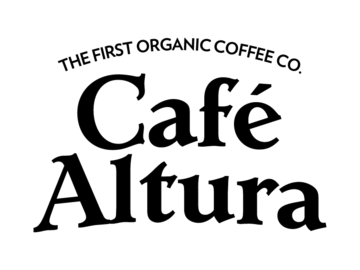
This is Your Brain on Caffeine
Remember those 1980’s commercials “This is your Brain on Drugs?” Remember the eggs? It was supposed to bring awareness about the dangers of drug use as part of the anti-drug campaigns that started during the Reagan era. While caffeine is not thought of in the same way as narcotics and other harder drugs, it is considered a drug, because it stimulates the central nervous system. It can boost energy and elevate mood. It’s one of the most popular drugs consumed today.
There is a good reason why college students the world over choose caffeine as their drug of choice when cramming for tests, pulling all-nighters, or getting a little pick-me-up before a party. The caffeine cycle continues when graduates apply for jobs, or work long hours for a promotion. What is the effect that caffeine has on the brain that makes it such a ubiquitous part of world culture?
First, we must examine what is naturally happening in the brain before caffeine is introduced. Your brain is active all the time, even when your body is sleeping. During waking hours, certain active neurons form a byproduct called adenosine. The nervous system surveys the adenosine receptor levels. When they reach a certain point, we feel sleepy.
When coffee is consumed, it acts like adenosine, blocks the receptors, and allows the brain’s natural stimulants of dopamine and glutamate to do their work. These stimulants are responsible for the feel-good and energized effect that comes after drinking that first cup of coffee in the morning or as a “pick-me-up” in the afternoon.
Depending on consumption level and tolerance, the energizing effects of caffeine start to wane after a few hours and the need for another cup presents itself. This is why most people feel their need for coffee most strongly in the morning, after a night without caffeine intake. Some people experience cravings before those first and second cups.
More alert, less fatigue, increased pain threshold for athletes, and better memory recall are just some of the benefits that caffeine offers to those who consume it in moderate amounts. Studies show that athletes improve their performance by about 12% with caffeine usage, especially in endurance sports.
Short-term memory is boosted by the effects of caffeine, but more research needs to be done to establish with certainty the positive effects of caffeine on long-term memory indicated by early studies. Caffeine has, however, been linked to delaying the onset of Alzheimer’s, even when some dementia is already present.
There are health benefits to the moderate consumption of caffeine. A lowered risk for heart disease, diabetes, Parkinson’s, and liver disease have all been attributed to coffee drinkers (black coffee, not the fancier drinks) in several recent publications.
In a review of all the literature on the subject of caffeine and coffee drinks and the risk of stroke, 480,000 participants’ results were examined. The research showed that drinking two to six cups of coffee per day lowered your risk compared to those who did not drink any coffee at all.
Caffeine is a normal part of everyday life for many people. It has been proven to confer health benefits on those who drink a few cups per day.
Moderation is key, as with most substances. Your brain on caffeine may be more alert, have better focus, support stronger athletic performance, and more.
There is no doubt that a cup of coffee could do you good, so go ahead and reach for that cup.
